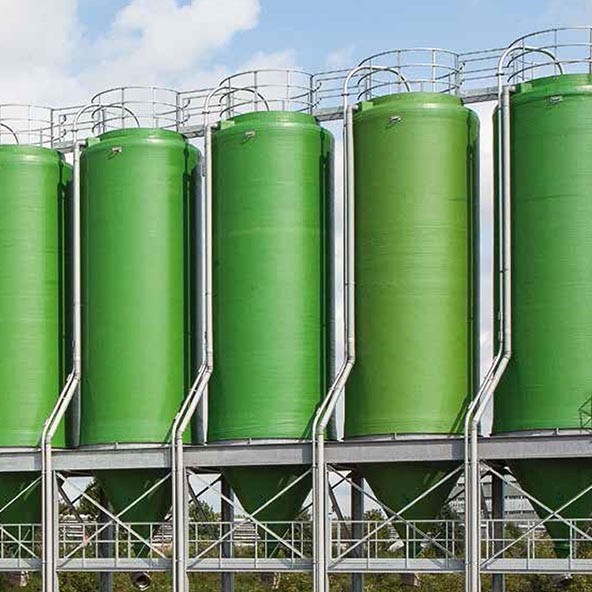
-
 Afrikaans
Afrikaans -
 Albanian
Albanian -
 Amharic
Amharic -
 Arabic
Arabic -
 Armenian
Armenian -
 Azerbaijani
Azerbaijani -
 Basque
Basque -
 Belarusian
Belarusian -
 Bengali
Bengali -
 Bosnian
Bosnian -
 Bulgarian
Bulgarian -
 Catalan
Catalan -
 Cebuano
Cebuano -
 China
China -
 China (Taiwan)
China (Taiwan) -
 Corsican
Corsican -
 Croatian
Croatian -
 Czech
Czech -
 Danish
Danish -
 Dutch
Dutch -
 English
English -
 Esperanto
Esperanto -
 Estonian
Estonian -
 Finnish
Finnish -
 French
French -
 Frisian
Frisian -
 Galician
Galician -
 Georgian
Georgian -
 German
German -
 Greek
Greek -
 Gujarati
Gujarati -
 Haitian Creole
Haitian Creole -
 hausa
hausa -
 hawaiian
hawaiian -
 Hebrew
Hebrew -
 Hindi
Hindi -
 Miao
Miao -
 Hungarian
Hungarian -
 Icelandic
Icelandic -
 igbo
igbo -
 Indonesian
Indonesian -
 irish
irish -
 Italian
Italian -
 Japanese
Japanese -
 Javanese
Javanese -
 Kannada
Kannada -
 kazakh
kazakh -
 Khmer
Khmer -
 Rwandese
Rwandese -
 Korean
Korean -
 Kurdish
Kurdish -
 Kyrgyz
Kyrgyz -
 Lao
Lao -
 Latin
Latin -
 Latvian
Latvian -
 Lithuanian
Lithuanian -
 Luxembourgish
Luxembourgish -
 Macedonian
Macedonian -
 Malgashi
Malgashi -
 Malay
Malay -
 Malayalam
Malayalam -
 Maltese
Maltese -
 Maori
Maori -
 Marathi
Marathi -
 Mongolian
Mongolian -
 Myanmar
Myanmar -
 Nepali
Nepali -
 Norwegian
Norwegian -
 Norwegian
Norwegian -
 Occitan
Occitan -
 Pashto
Pashto -
 Persian
Persian -
 Polish
Polish -
 Portuguese
Portuguese -
 Punjabi
Punjabi -
 Romanian
Romanian -
 Russian
Russian -
 Samoan
Samoan -
 Scottish Gaelic
Scottish Gaelic -
 Serbian
Serbian -
 Sesotho
Sesotho -
 Shona
Shona -
 Sindhi
Sindhi -
 Sinhala
Sinhala -
 Slovak
Slovak -
 Slovenian
Slovenian -
 Somali
Somali -
 Spanish
Spanish -
 Sundanese
Sundanese -
 Swahili
Swahili -
 Swedish
Swedish -
 Tagalog
Tagalog -
 Tajik
Tajik -
 Tamil
Tamil -
 Tatar
Tatar -
 Telugu
Telugu -
 Thai
Thai -
 Turkish
Turkish -
 Turkmen
Turkmen -
 Ukrainian
Ukrainian -
 Urdu
Urdu -
 Uighur
Uighur -
 Uzbek
Uzbek -
 Vietnamese
Vietnamese -
 Welsh
Welsh -
 Bantu
Bantu -
 Yiddish
Yiddish -
 Yoruba
Yoruba -
 Zulu
Zulu
fiberglass pipe
The Versatility and Benefits of Fiberglass Pipe
Fiberglass pipes, also known as fiberglass reinforced plastic (FRP) pipes, have become an increasingly popular choice for various industries due to their outstanding properties and versatility. Composed of a polymer matrix reinforced with glass fibers, these pipes offer significant advantages over traditional materials such as metal and concrete.
One of the primary benefits of fiberglass pipes is their exceptional corrosion resistance. Unlike metal pipes that can rust and deteriorate when exposed to moisture and chemicals, fiberglass pipes are immune to such degradation. This characteristic makes them ideal for use in industries like chemical processing, wastewater management, and oil and gas transmission, where exposure to aggressive media is common.
Another significant advantage of fiberglass pipes is their lightweight nature. Weighing significantly less than metal or concrete pipes, fiberglass options are easier to transport and install. This can lead to reduced labor costs and shorter project completion times, making them an appealing choice for contractors and engineers alike. Despite their light weight, fiberglass pipes do not compromise on strength; they offer high tensile strength that allows them to withstand various pressures and stresses.
fiberglass pipe

The thermal insulation properties of fiberglass pipes are also noteworthy. With a low thermal conductivity, these pipes help in maintaining the temperature of the fluids carried within them. This feature is particularly beneficial in applications such as hot water transportation and insulating chilled water systems, where temperature stability is crucial.
Moreover, fiberglass pipes exhibit excellent hydraulic performance. Their smooth internal surfaces minimize friction losses, enhancing flow rates and efficiency. This aspect is particularly advantageous in fluid transport applications, where maximizing throughput is essential.
Environmental sustainability is another appealing feature of fiberglass pipes. They can be manufactured to be more eco-friendly than traditional alternatives, as they can be produced with a lower carbon footprint. Additionally, their longevity reduces the need for frequent replacements, further contributing to environmental conservation efforts.
In conclusion, fiberglass pipes represent an innovative solution for modern infrastructure challenges. With their corrosion resistance, lightweight design, thermal insulation properties, and environmental sustainability, they are an optimal choice for a wide range of applications. As industries continue to look for materials that combine durability with efficiency, the popularity of fiberglass pipes is likely to grow, solidifying their place as a leading choice in the construction and manufacturing sectors.









